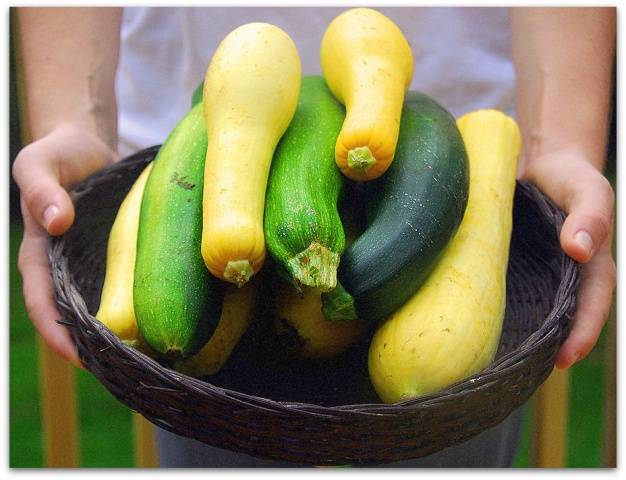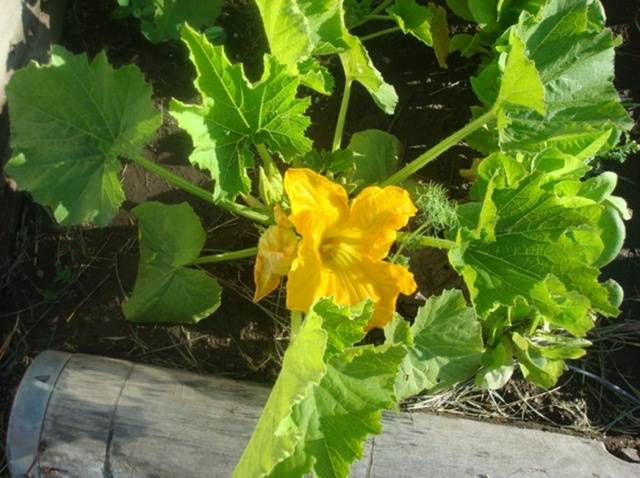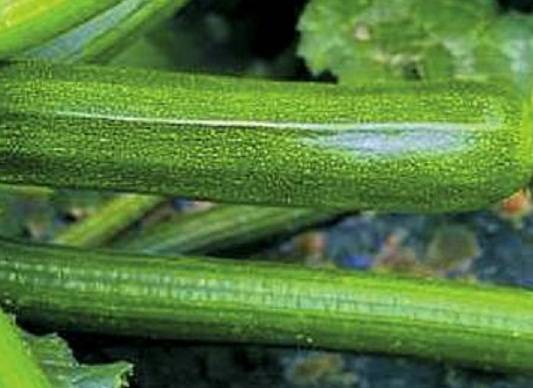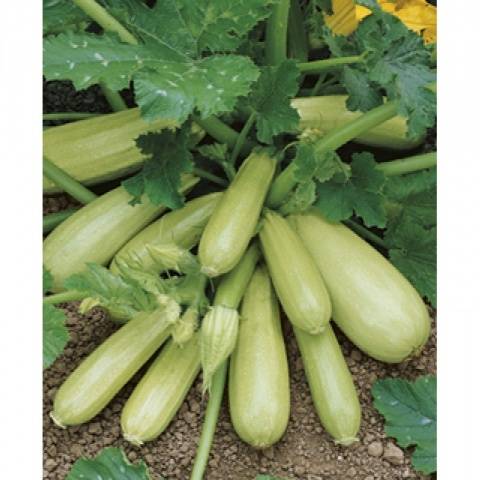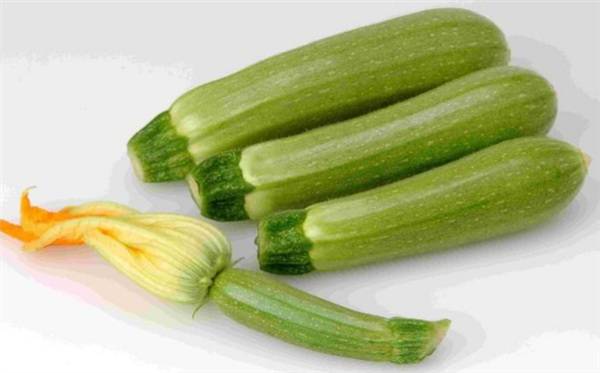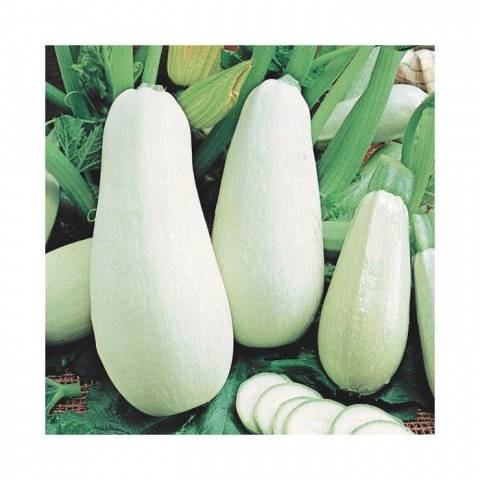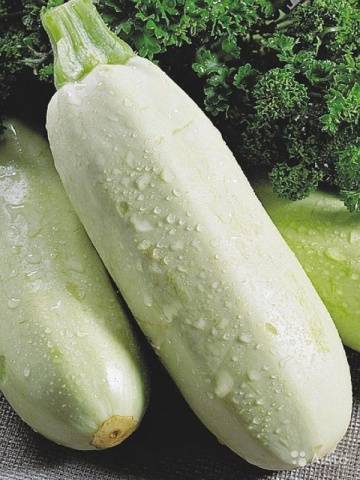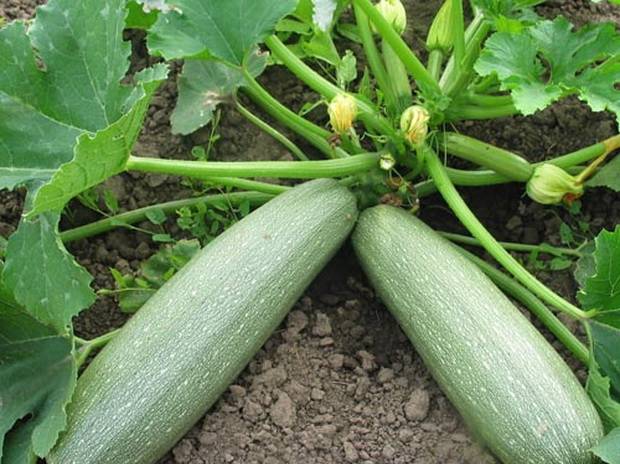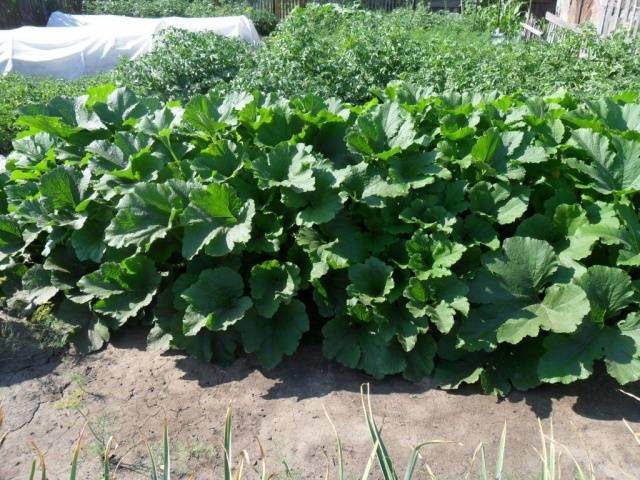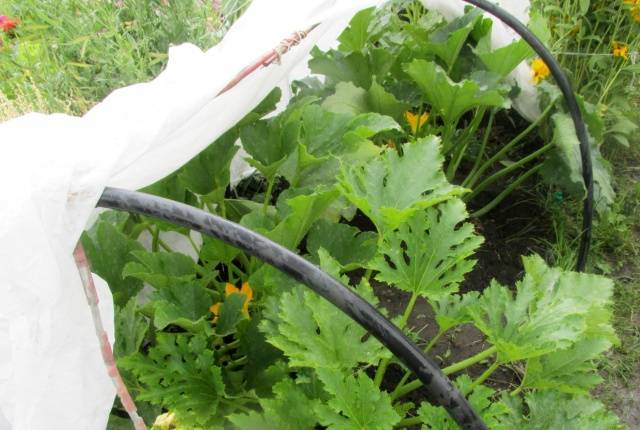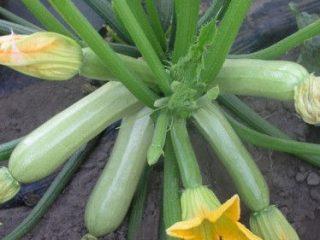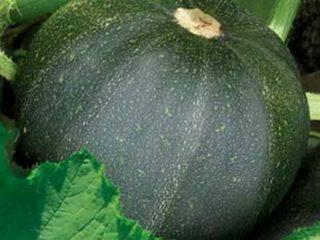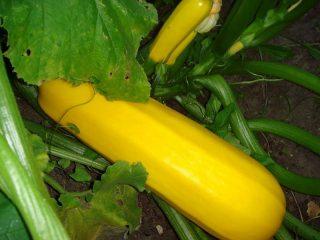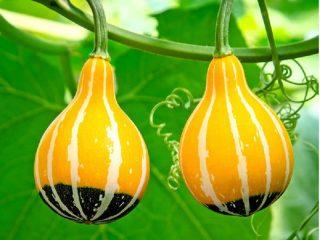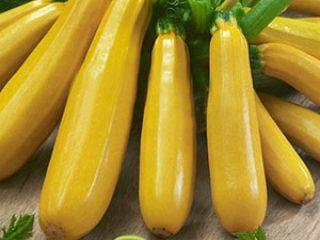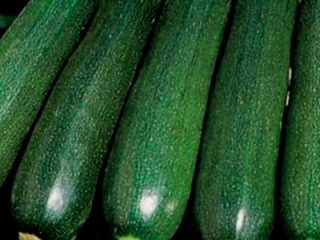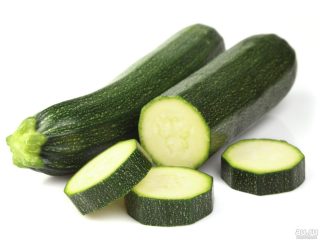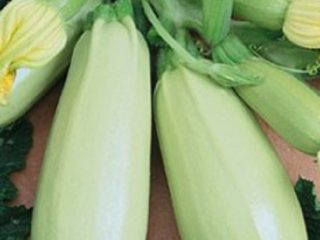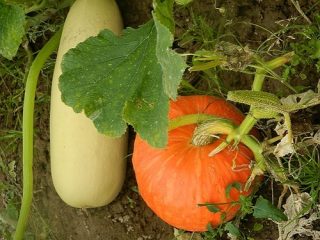Content
Zucchini is a very common crop among gardeners, as it is not very difficult to grow and does not require special care. The fruits of this plant are very tasty, distinguished by their delicate taste and dietary properties. You can cook a huge number of dishes from zucchini and make preparations for the winter.
What are parthenocarpic varieties?
Now more and more bags of seeds of zucchini and other crops are appearing in agricultural stores, labeled “parthenocarpic.” What does this mean? Until now, many gardeners do not know the meaning of this word or understand it incorrectly.
Often in parentheses next to this incomprehensible inscription they write self-pollinating variety. But it should be said that parthenocarpic and self-pollinating varieties do not mean the same thing. Parthenocarpic squash is a crop that produces fruits without pollination. In this case, the zucchini itself will not have seeds inside.
Self-pollination is a completely different process in which pistils and stamens from the same flower are capable of pollination without the participation of insects. These zucchini grow with seeds.
Some producers write instead of “self-pollinating variety” next to the word parthenocarpic - “a variety that does not require pollination.” This formulation would be more correct.Parthenocarpic zucchini is needed in order to grow them where there are no insects or where there are insufficient numbers of them for pollination. This often happens in greenhouses, but zucchini is mainly grown in open ground, so parthenocarpic varieties can be used so as not to wait a long time for the ovaries to appear.
Varieties of parthenocarpic zucchini
Varieties of zucchini There are not too many parthenocarpic species. In this section we will give a description of each of them.
Parthenon
This parthenocarpic hybrid variety has a medium vigor bush. Fruits are ripe, medium in size, dark green with glossy reflections. Their shape is cylindrical, straight, without bends. The pulp under the thin skin is dense and has high taste. Mature zucchini of this variety tolerate transportation and long-term storage in a cellar.
Thanks to parthenocarpy, this variety can be grown under unfavorable conditions for insects. These are greenhouses, rainy and very hot days. Because of this, the yield of the variety does not fall due to such conditions. The value of the variety is that it is resistant to powdery mildew.
Cavili
This variety can be called the leader of the world selection. Fruits appear without the participation of bees and other insects. The variety is an early ripening variety; the period of fruit ripening from the first shoots is 43 days. The plant is a compact bush with internodes. Mature zucchini reaches a length of 22 cm, their shape is cylindrical, the skin is a pleasant light green color. Under the skin there is white tender pulp that has a pleasant taste.
Zucchini variety Kavili tolerates transportation very well and is suitable for long-term storage. The variety is resistant to powdery mildew.
In order to effectively grow this particular variety of zucchini, you need to know some rules:
- The soil for planting zucchini should be light.
- Before planting the variety, the soil is prepared in the fall. Namely, compost is introduced. As an alternative, you can use hay, sawdust from deciduous trees, green manure cuttings, and a mixture of ash and superphosphate.
- In spring, the earth is not dug up, but simply raked to make it fluffy.
- Planting holes are treated with a solution of azofoski and humic fertilizer. This replenishment is carried out a week before planting.
- There is no need to soak zucchini seeds before sowing.
- Sowing takes place in early June. Seed consumption per 1 square meter – 3 pieces. The seed is planted to a depth of about 5 cm, and then watered abundantly.
- After planting, mulching is done with hay, sawdust or peat chips.
Suha F1
The variety is high-yielding. The period from the first shoots to the ripeness of the fruit is 40 - 50 days. The culture has a compact upright bush. Zucchini grows smooth, light green in color and cylindrical in shape. If a situation arises when the zucchini becomes overgrown, its flesh does not become coarse. The pulp of the zucchini is white, dense, but at the same time tender and juicy with excellent taste.
The variety is valuable because it is resistant to diseases that occur under humid conditions, as well as to zucchini yellow mosaic and watermelon mosaic viruses. The hybrid can be grown both under film and in open ground. Suitable for preparing various dishes and for preparations.
Belogor F1
The hybrid is an early ripening one. About 45 days pass from germination to fruit ripening. The variety can be grown either by seedlings or by planting directly into the ground. Zucchini seedlings sown in April, and transplanted into the ground in May-early June. The plant is a compact bush. Ripe fruits are cylindrical in shape, weighing about 1 kg. Their color is greenish-white, the flesh is medium-juicy and pleasant to the taste.
The yield of the variety is 10 - 15 kg per 1 square meter. The value of the hybrid lies in its resistance to powdery mildew, anthracnose, gray rot, and bacteriosis. The variety is recommended for direct consumption and for processing, for preparing caviar.
White Swan
The variety is an early ripening variety; the maturity period is approximately 50 days. The fruits are white, smooth and cylindrical in shape, weighing about 800 grams. Mature zucchini tolerates transportation and storage well. The zucchini pulp is medium-dense and tender, and has excellent cooking characteristics.
The value of the variety is determined by its resistance to powdery mildew.
Apollo F1
The variety is very early ripening, the period of fruit ripening from seedlings is about 40 days. The culture is a powerful bush plant with many leaves. Ripe zucchini is light green with white speckles. They reach a weight of 1 kg and a length of 40 cm. The pulp of the fruit is dense and white with good taste.
The value of the variety lies in its resistance to powdery mildew. Shade tolerance and resistance to low temperatures, high yield regardless of weather conditions. This variety is suitable for cultivation on an industrial scale. Zucchini of this variety are perfect for canning and preparing caviar.
Tips for growing and harvesting
Summer in central Russia is usually quite unpredictable.One week the weather may be comfortable for growing zucchini, and the remaining three weeks of the month there may be rain or drought. Therefore, it is parthenocarpic varieties that are perfect for such conditions, because you will not need to worry about the pollination of zucchini.
The best places for zucchini are those where potatoes, cabbage or onions bore fruit last year. The soil should under no circumstances be acidic. If its acidity is increased, then such soil should be diluted with dolomite flour or powdered chalk.
If any problems arise with the leaves and shoots of the zucchini, for example, fungal or viral infections appear, then the damaged foliage is torn off and thrown out of the garden. Afterwards, the remaining zucchini bushes are sprayed with a solution of 1 teaspoon of shower gel and the same amount of soda ash, diluted with 10 liters of water. In order for zucchini to grow healthy and bear maximum fruit, they need:
- Watering. For the full development of zucchini, you need 20 liters of water per 1 square meter so that the roots, which have grown over a large area, can receive nutrition.
- Good soil. The soil must allow water, oxygen and heat to pass through, and for this it needs constant loosening.
- Periodic feeding.
- Removal weed.
You should also try to remove mature zucchini on time. This will give an even greater harvest. A ripe fruit differs from an unripe one by its dull sound, as well as by its skin, which becomes harder.
Removed zucchini can be stored for up to five months in a cool, dark place. If you have grown too many vegetables, it is better to freeze or preserve some of them.
Zucchini is a plant that is very popular among Russians.And in order to have a good harvest on the table, regardless of weather conditions, you can grow parthenocarpic varieties that will ripen early and with a high yield.
